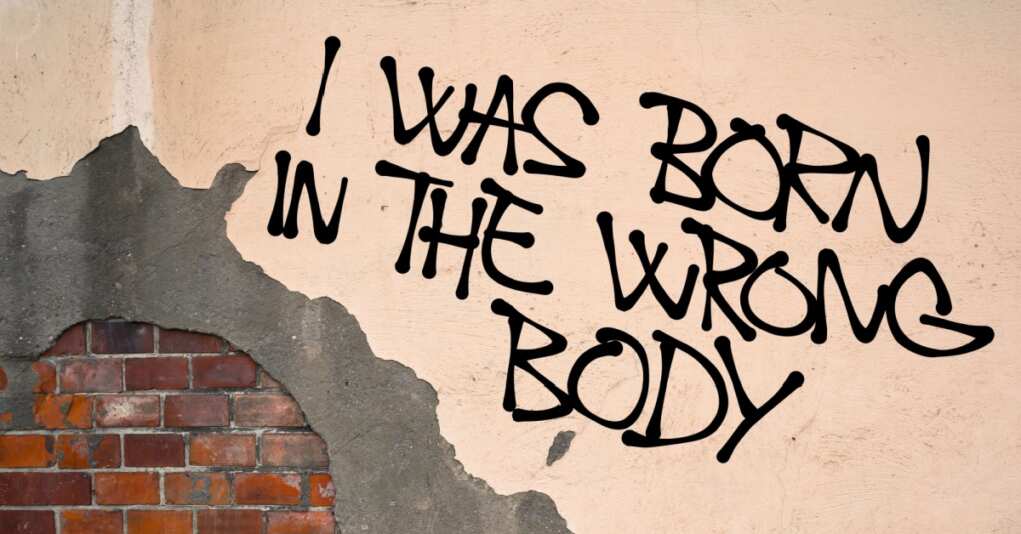California Used Taxpayer Dollars to Fund Sex-Change Surgery for Inmate

In a controversial move, California funded gender reassignment surgery for Thomas DeLeon, a convicted murderer, who, after his transition, was renamed Skylar. This decision came under scrutiny as DeLeon was not only convicted of murdering a couple in a brutal plot involving a yacht sale but was also involved in another murder.
DeLeon’s transition was facilitated by state funds, sparking a debate on the ethics and appropriateness of using taxpayer money for such procedures on inmates, especially those convicted of heinous crimes.
Vice President Kamala Harris, in her previous role as California’s Attorney General, played a significant role in changing California’s policy to allow transgender inmates access to medical care for gender transition, including surgical care. Harris defended this policy shift by calling it “an issue of humanity,” suggesting that even those convicted of serious crimes should have their medical needs, including gender reassignment, addressed by the state.
This stance has been both praised for its progressive approach to human rights and criticized for potentially misallocating resources or prioritizing certain rights over public safety or moral considerations.
The case of Thomas, now Skylar DeLeon, brings to the forefront the complex intersection of criminal justice, human rights, and public policy. Critics argue that funding such surgeries for convicted murderers might misrepresent the values of justice, focusing instead on rehabilitation or rights over retribution or societal norms.
Conversely, supporters highlight the importance of humane treatment in incarceration, arguing that denying such medical care would be discriminatory. This situation underscores ongoing debates about prison reform, transgender rights within the justice system, and how society balances retribution with rehabilitation.

